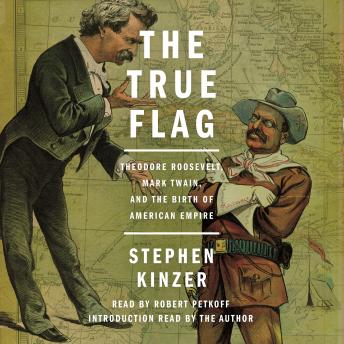
For Kinzer, the brothers epitomized the presumption that America has the right to “guide the course of history” because it is “more moral and farther-seeing than other countries.” In addition to providing illuminating biographical information, the author clearly presents the Dulles family's contributions to the development of a legal and political structure for American corporations' international politics.Ī well-documented and shocking reappraisal of two of the shapers of the American century. He also examines how, during the 1930s, he was seen by some as “the chief agent for the banking circles which rescued Hitler from the financial depths.” Later, Allen recruited Nazi leaders to help shape postwar Europe against the Soviets during the war's final stages.


Kinzer also shows how Eisenhower's knowledge of the costs of open war between states led him to support their covert operations to “strike back…to fight, but in a different way.” The author discusses John Foster's assimilation of the undeclared war against Soviet communism into a Manichaean framework of the eternal struggle of good vs.

The author reveals the pair's responsibility for the wave of assassinations, coups and irregular wars during Eisenhower's administrations as the outcome of three generations of their family's involvement in America’s increasingly active foreign policy, and he documents the way the brothers created the political shape of the Cold War in the 1950s, with John Foster providing the arrogant and pompous public face for the covert operations organized by brother Allen. Eisenhower's administration through the activities of Secretary of State John Foster Dulles and his brother Allen, the director of the CIA.

Reset: Iran, Turkey, and America’s Future, 2010, etc.) portrays the dark side of Dwight D. Longtime foreign correspondent Kinzer (International Relations/Boston Univ.


 0 kommentar(er)
0 kommentar(er)
